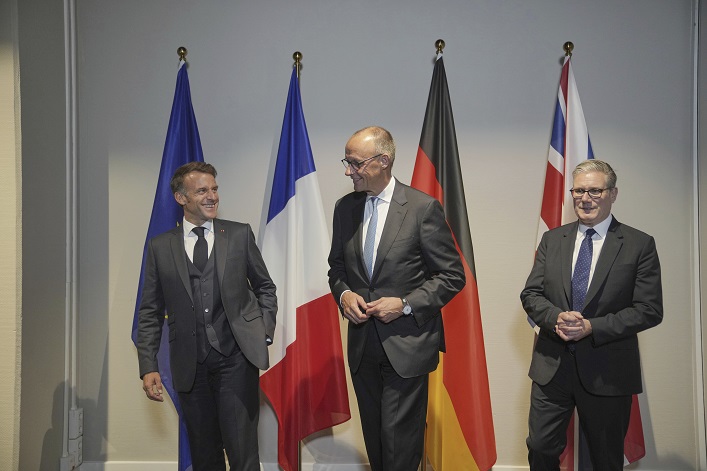The leaders of Great Britain, France, and Germany stated jointly that: “We are ready to move toward a coordinated use of frozen Russian sovereign assets to support the Ukrainian Armed Forces and, thus, bring the Russian Federation to the negotiating table. We seek to do this in close cooperation with the US”.
European governments are reportedly currently discussing plans to use frozen Russian assets as collateral for a loan to Ukraine. Kyiv will repay the funds only if Moscow pays Ukraine reparations. Economists believe that the plan to provide a reparations loan to Ukraine does not entail additional risks for Belgium, Euroclear, or the EU financial system, since the EU will not take Russian funds but will only exchange cash in a Belgian depository for the bloc’s bonds. However, the main obstacle to implementing the plan is Belgium’s stated requirement of guarantees to distribute possible risk arising from the loan among EU countries.
The European Commission assures member states that, according to the plan, which involves the EU holding Russian assets until Russia pays reparations to Ukraine, the financial guarantees provided by EU countries would not actually be used.
